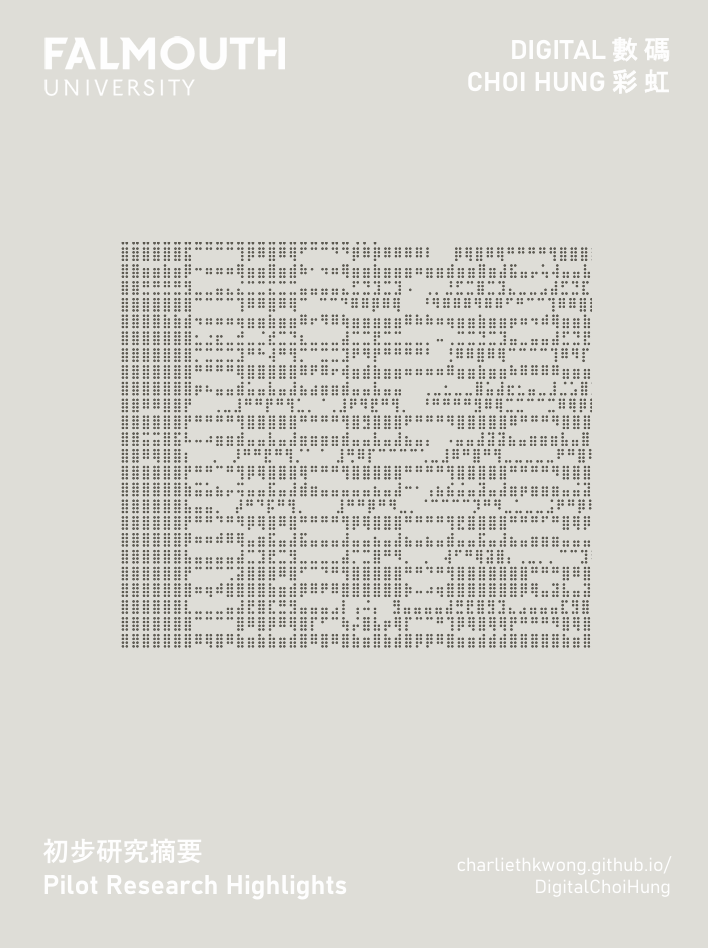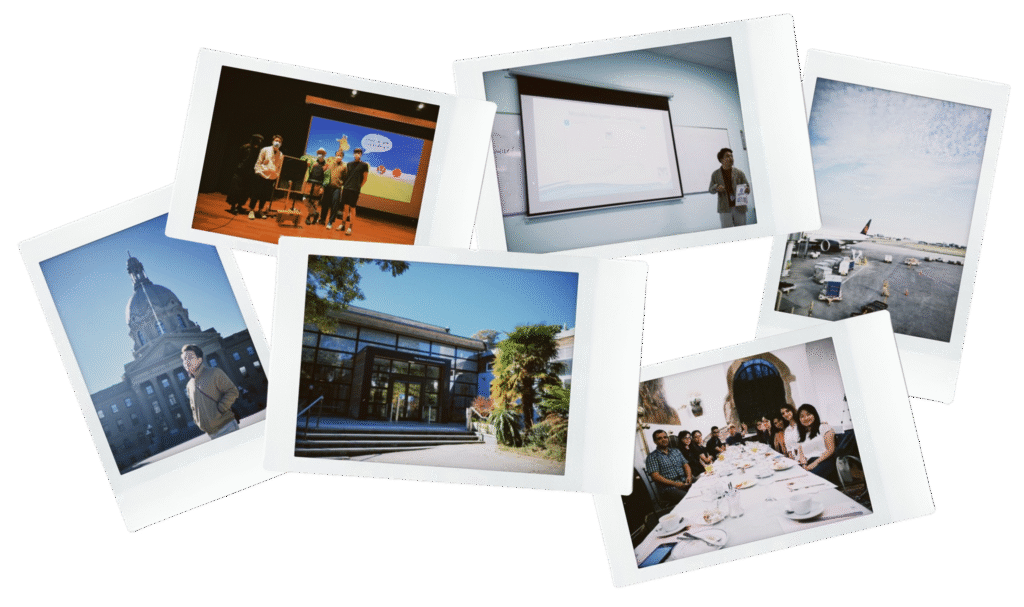Charlie KWONG
PhD Researcher in Arts, Learning Design, and Special Education
LATEST PROJECT
Digital Choi Hung focused on organizing themes from qualitative data analysis, and I adopted a combination of narrative techniques and communication methods. These included images, text, audiovisual media, environmental sounds, computer interactions, and game design elements. These varied approaches were used to address the challenges of fragmented and nonlinear data, it helps to provide context through audiovisual files. By developing reflexive practice and exploring poetic inquiry as methodology, the project addressed to reconnect the fragmented and nonlinear data. This practice-based research provides insights into addressing the difficulties of using transmedia storytelling as a methodology, and creative solutions that balance artistic expression with thorough data analysis.

